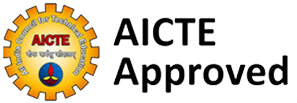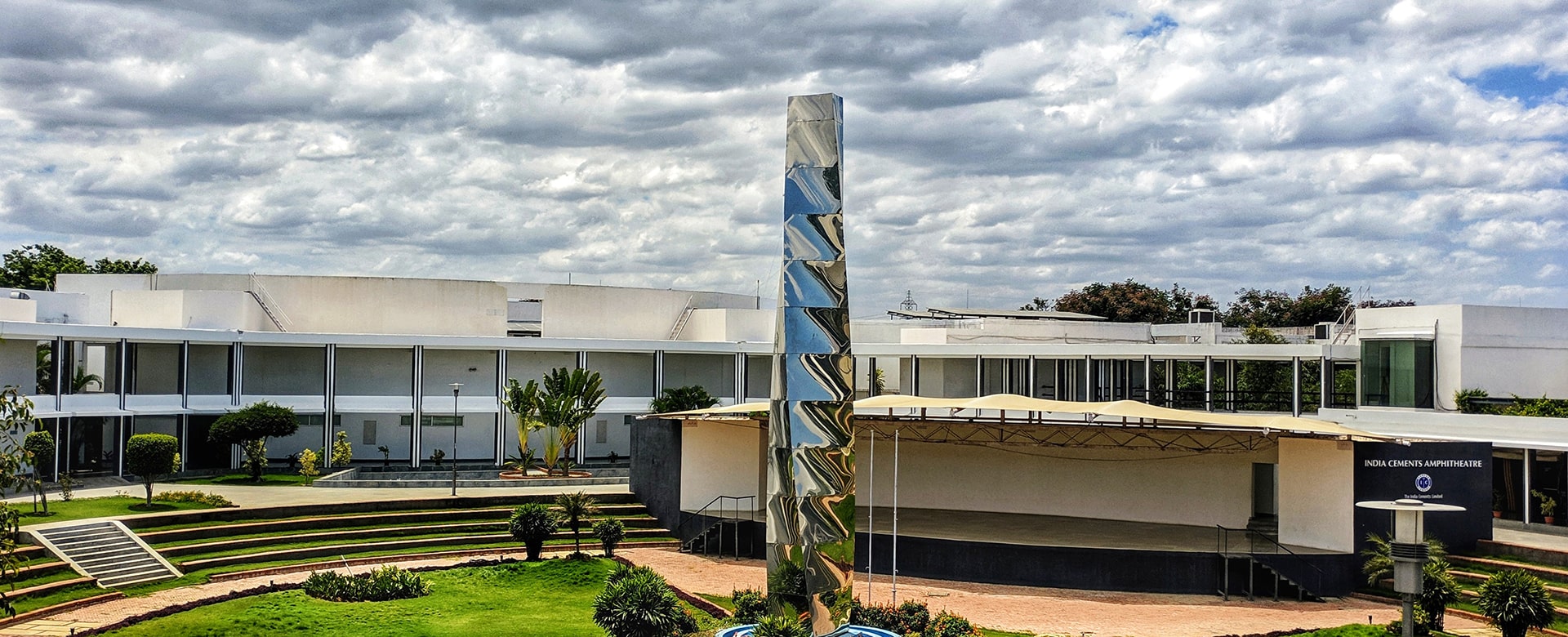
Admissions
Great Lakes Chennai welcomes applications from individuals with a high degree of motivation and curiosity to dig deep into research questions and high levels of discipline and commitment. Prior experience in marketing, Finance/Accounting or Business is desirable but not essential.


Application Packet
Candidates desirous of applying to the following program must submit the following:
- Online application
- Statement of Purpose explaining why you wish to pursue the FPM at Great Lakes
- Broad Research Interests/Goals, explaining areas that you wish to research during the program
- JRF(NET)/CAT/GMAT/GRE/XAT Scores
- Transcripts of undergraduate and graduate work
- Three letters of recommendation (at least one academic)- must be received directly from the person writing the
- letter and must have contact information
- Non-refundable application fee of Rs. 2,000/-
To start your admissions journey click here.
FAQs
The eligibility criteria for the Fellow Programme in Management (FPM) at Great Lakes are:
- Educational Qualifications: A Master's Degree in any area, a Two-year Post Graduate Diploma, or a 5-year Integrated Master's Degree with 60% or above marks. Candidates in the final year of their master's program may also apply.
- Entrance Test Scores: Valid scores from JRF (NET), CAT, GMAT, GRE, or XAT.
A Statement of Purpose (SoP) is a written document where applicants outline their academic and professional background, research interests, career goals, and reasons for pursuing the doctoral program. It is crucial for PhD admissions as it helps the admissions committee assess the applicant's motivation, clarity of purpose, and alignment with the program's objectives.
Research interests and goals refer to the specific areas or topics an applicant intends to explore during their doctoral studies. Clearly defined research interests and goals are important for PhD admissions as they demonstrate the applicant's preparedness for advanced research, alignment with the faculty's expertise, and potential contribution to the academic community.
Letters of recommendation should ideally come from individuals who are familiar with your academic abilities, research potential, and professional accomplishments.










